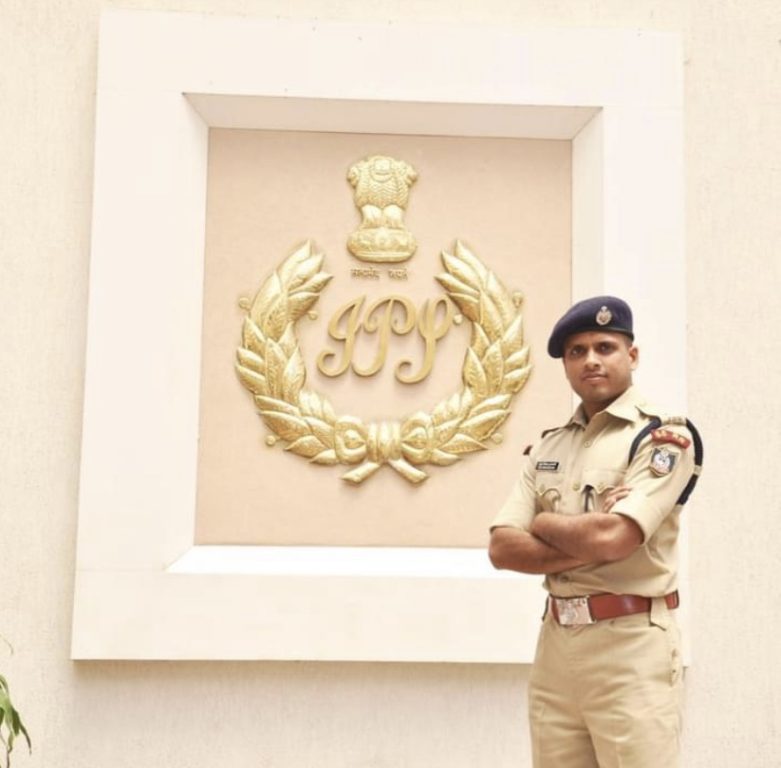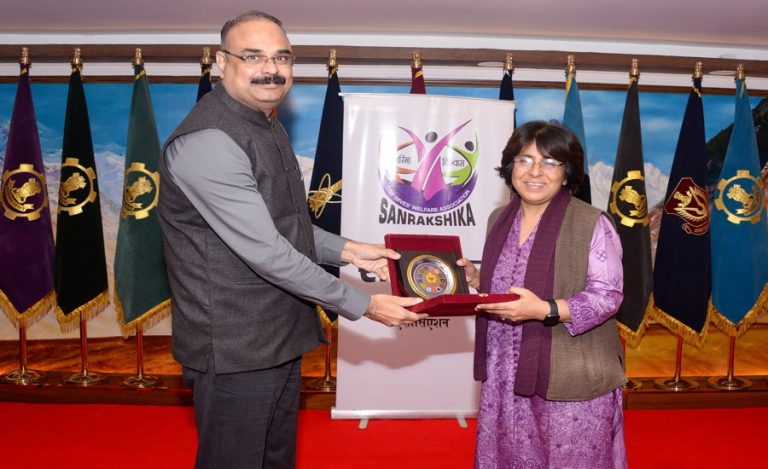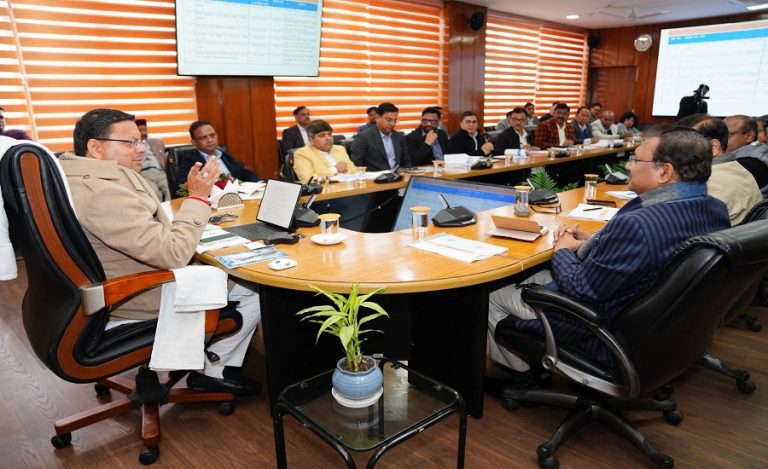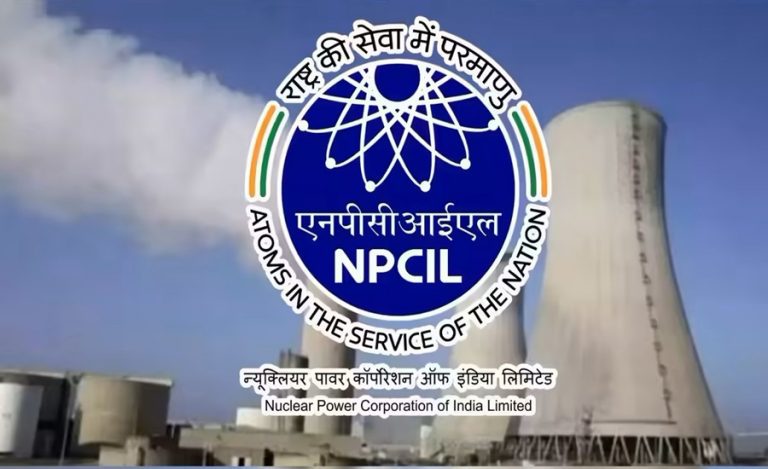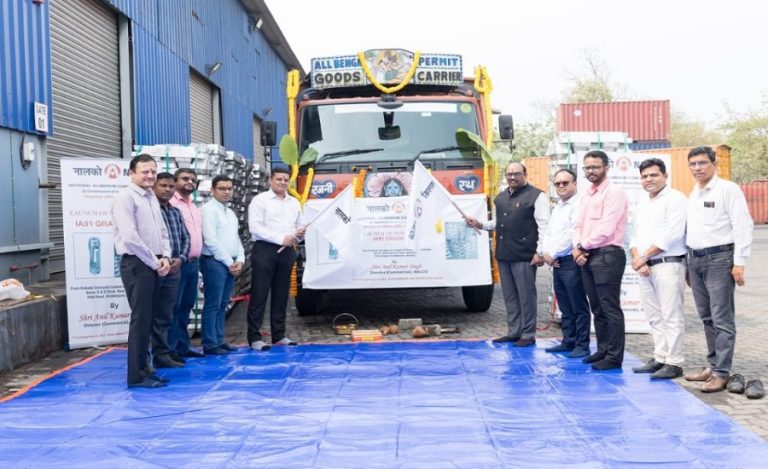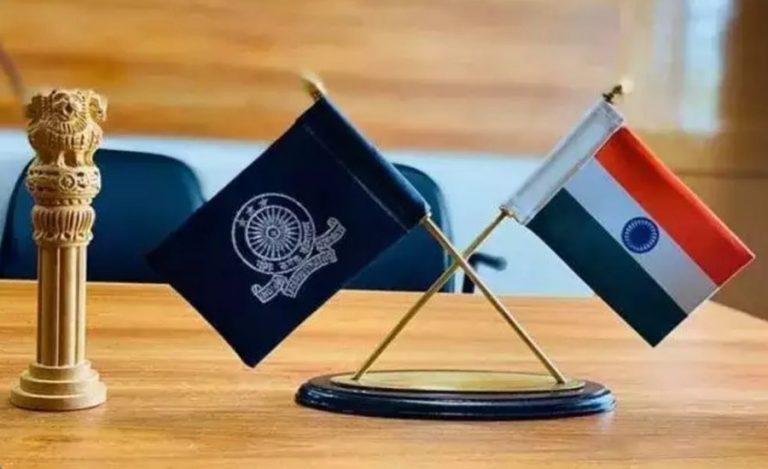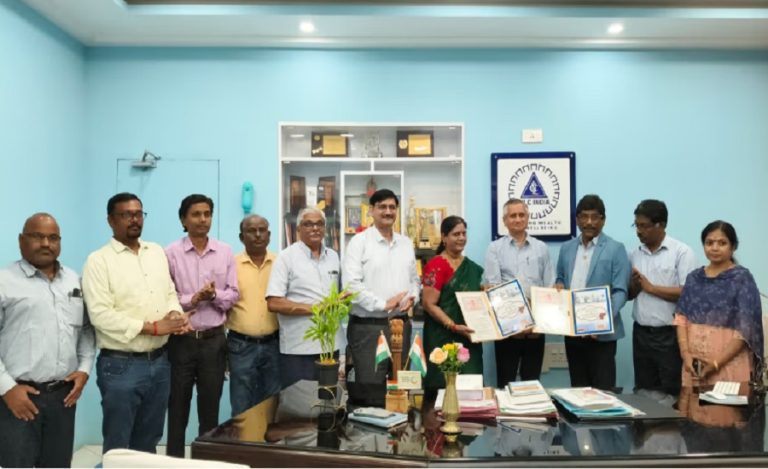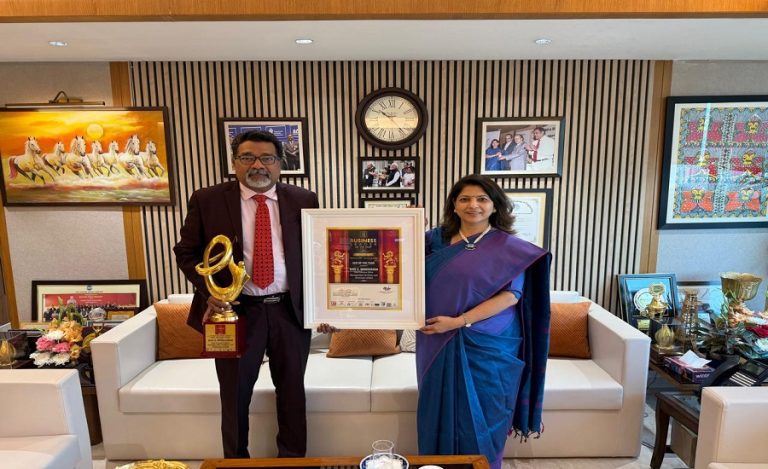The rise in unreported crimes can be attributed to a lack of trust between the public and the police. This is one of the reasons why crimes such as drug abuse, sexual assault, and domestic violence continue to occur rampantly. The masses, afraid of being snubbed by the police authorities, decide against filing complaints. Oftentimes, the fear of losing face scares the public into keeping silent. Many righteous police officers are doing their level best to bridge this gap. One such individual is IPS officer Atul V Kulkarni whose initiatives- Drug Cell and `Bharosa’ Cell, have increased the public’s affinity towards the police department.
Corporate Lessons Came to His Help
Currently the Additional Superintendent of Gondia in Maharashtra, Mr Kulkarni is a 2015 batch officer of the Maharashtra cadre. He hails from Gokak, a small town in Belgaum, Karnataka. He is an alumni of The National School of Engineering, Mysore, and worked in the well-known software company Mindtree Ltd. for a year before realizing that a mundane corporate world was not his cup of tea.
During the course of his employment in Mindree, Mr Kulkarni became associated with the company’s `green community’, through which he began volunteering for several NGOs. This experience made him realise how tough life was for the vulnerable sections of the society and he decided to devote himself to their service.
To fulfill his aims, Mr Kulkarni did a post graduation degree in Urban Policy and Governance from Tata Institute of Social Sciences (TISS), Mumbai.
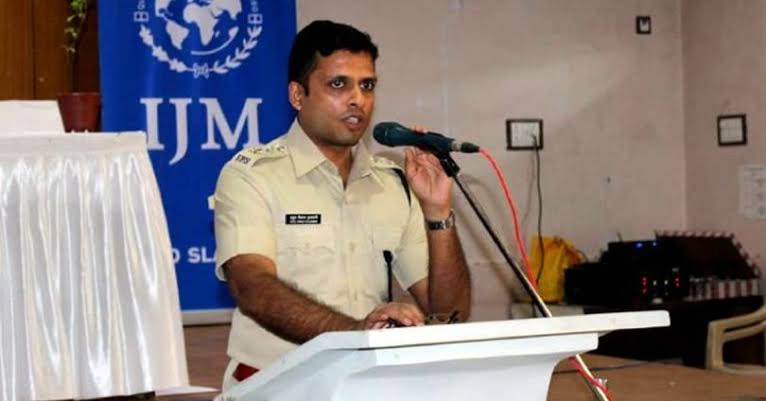
Two Initiatives
While he was appointed as the Assistant Superintendent (ASP) in Bhayandar Thane, Mr Atul Kulkarni’s efforts to assist the public gained momentum. He thought if the public could not come to the police, perhaps the police should approach them instead. Thus, he set up two divisions for the benefit of the public—a Drug Cell and a women’s cell called the `Bharosa’ (Trust) Cell.
Along with, Mr Kulkarni also established a “triple action’’ plan to deal with the drug abuse problem in the city. The first and most imperative step was to instill awareness amongst the masses through exhibitions, street plays, society meetings and school rallies etc. They also set up a helpline number that people could call whenever in trouble and their team often reached the location within 15 minutes. Thanks to their persistent efforts, within a span of six months, the Thane police successfully reached out to about 20,500 people! The subsequent stage was to make a move and capture drug sellers when the police got intelligence reports about them.
Additionally, to speed up the process and create lasting impact, the drug cell also started community-based counselling lessons. For this, doctors, psychologists, psychiatrists, social workers, NGOs and the media-persons were roped in to spread the message. The cell also helped in providing employment opportunities to the addicts. Mr Kulkarni’s efforts made a huge impact and significantly brought down the levels of drug abuse in Maharashtra.
In July 2019, the Bhayandar police busted a drug syndicate with the assistance of the Drug Cell. Four peddlers were captured and drugs worth Rs 2.89 crore were seized.

